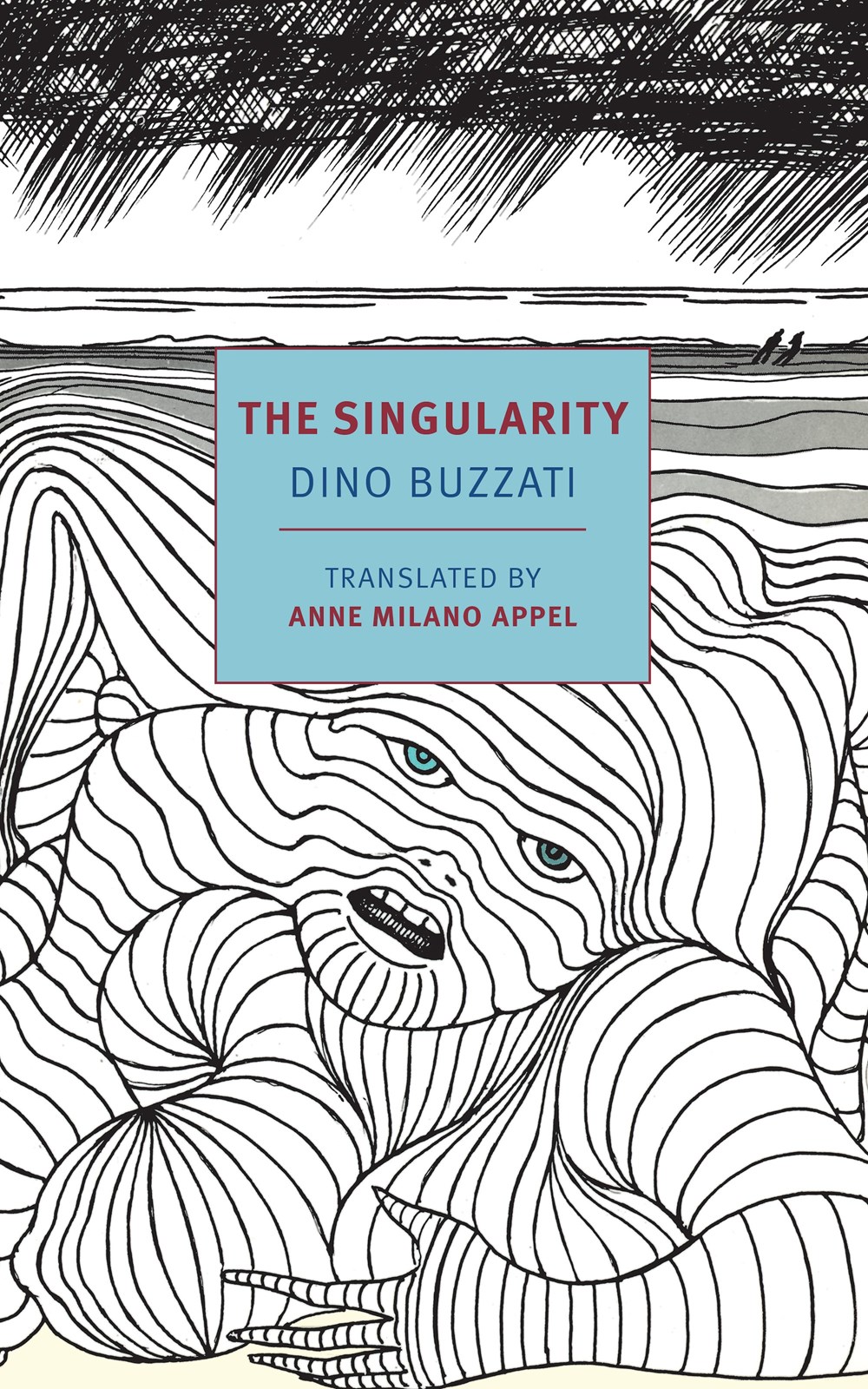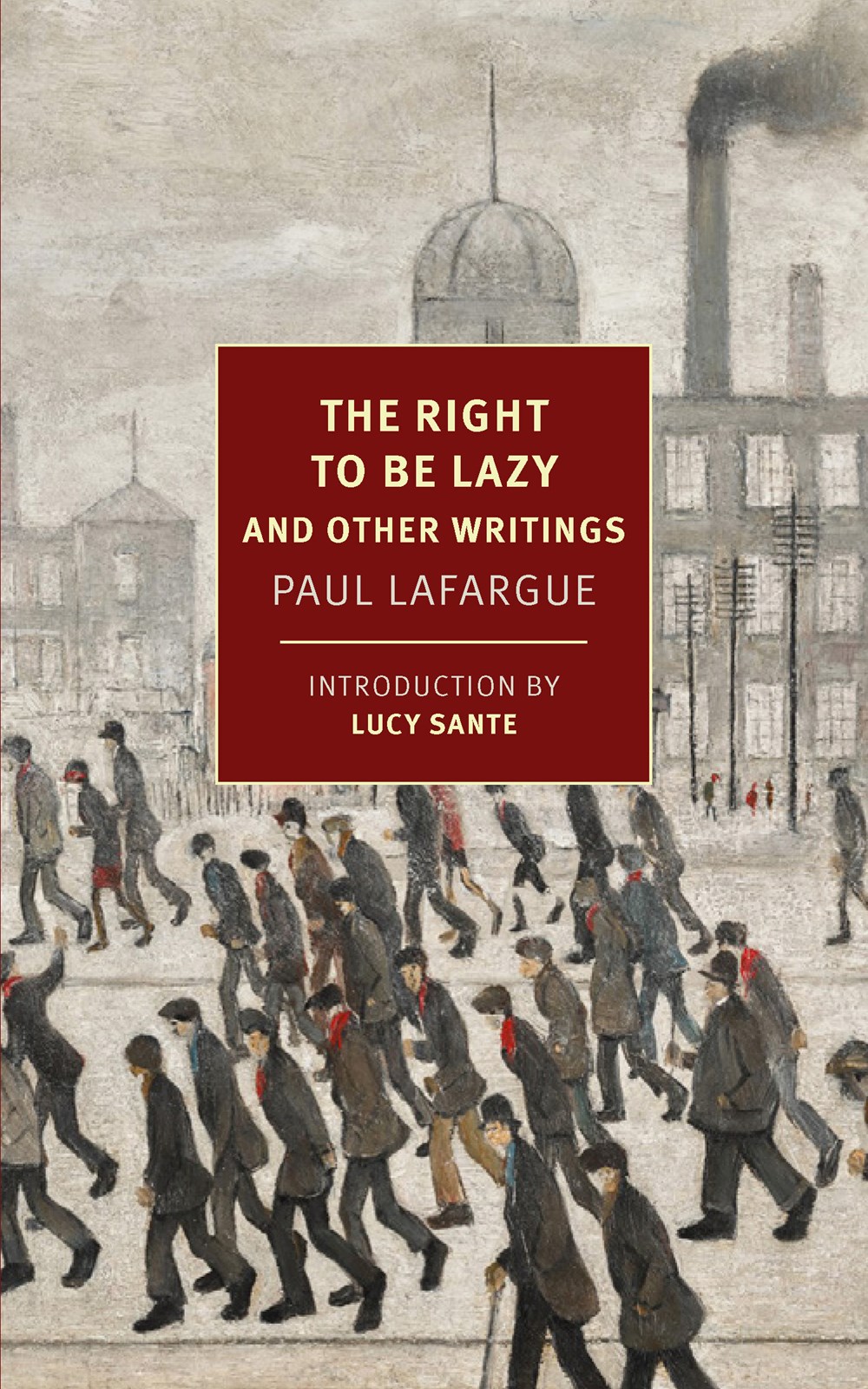NYRB Classics
9 Articles
Last 30 days
Last 6 months
Last 12 months
Last 24 months
Specific Dates
From:
To:
PREMIUM
The Singularity
Folding prescient philosophical musings on the nature of human consciousness into a satisfyingly eerie fable, Buzzati’s foundational work of Italian science fiction might well be subtitled “The Postmodern Prometheus.”
The Fire Within
 Twice adapted to film by Louis Malle in 1963 and Joachim Trier in 2011, La Rochelle’s courageous plunge into the void reveals itself to be, as Will Self suggests in his incisive introduction, an existential novel rivaling those of Albert Camus, Jean-Paul Sartre, and William S. Burroughs.
Twice adapted to film by Louis Malle in 1963 and Joachim Trier in 2011, La Rochelle’s courageous plunge into the void reveals itself to be, as Will Self suggests in his incisive introduction, an existential novel rivaling those of Albert Camus, Jean-Paul Sartre, and William S. Burroughs.
PREMIUM
Theorem
Pasolini’s spare lyricism complements and transcends his playfully detached framework of data, corollaries, and appendices, resulting in an affecting and captivating interrogation into the earthly and the sublime.
PREMIUM
On the Marble Cliffs
More than a mere roman à clef about Hitler or Stalin (or both), Jünger’s vivid and evocative narrative transcends its moment in capturing the ageless struggle between our individuality and creative wonder, and the darkness and terror sure to follow when people abandon themselves to belief, even if only to a belief in nothing.
PREMIUM
The Right To Be Lazy: And Other Writings
A sly, irreverent sibling to The Communist Manifesto, LaFargue’s argument against our willing servitude to what we’d now call hustle culture and growth-at-all-costs is as trenchant and necessary as the day it was written, if not more so.
PREMIUM
Gold
Both the authority and musicality of Gafori’s translation, and her artful selection of excerpts from Rumi’s vast and intensely personal Divan-e Shams-e Tabrizi amply justify this book’s place in any Rumi collection, where it is sure to provide seeds for contemplation and kindling for spiritual fire.
PREMIUM
The Silentiary
Inexplicably ignored and relegated to minor status below fellow Argentines like Borges and Cortázar, di Benedetto is every bit as rewarding and meaningful. The novel’s message about the frustrations of an individual desperately but ineffectively fighting the system is even more relevant today, over half a century after it was written.
Generations: A Memoir
 Clifton is one of our great truth-tellers, and this work stands among her best. Elegiac and celebratory, unfussy and profound, full of pain and healing and thanks for the ties that hold, this slim memorial contains multitudes, and every word of it is true, “even the lies.”
Clifton is one of our great truth-tellers, and this work stands among her best. Elegiac and celebratory, unfussy and profound, full of pain and healing and thanks for the ties that hold, this slim memorial contains multitudes, and every word of it is true, “even the lies.”
PREMIUM
The Stone Face
Far more than his contemporaries Richard Wright, Chester Himes, and James Baldwin, Smith (1927–74) parlayed his experiences in Paris into universal explorations of race, caste, and colonialism, earning him a place alongside them on library shelves.
ALREADY A SUBSCRIBER? LOG IN
We are currently offering this content for free. Sign up now to activate your personal profile, where you can save articles for future viewing










